Thank You!
Before we get to this episode’s show notes, I want to thank you for joining the tour. It’s nice to have you!
If you are just joining me…welcome! If you’d like to start the tour from its beginning, just tap the big orange button below. Otherwise, stay with me and we’ll rock on through this episode on The Blues.
Episode Six Show Notes
The first song you hear is from Robert Johnson, King of the Delta Blues: “I Believe I’ll Dust My Broom.” Yes, I think it means what you think it means.
I play back-to-back recordings of Robert Johnson’s “Crossroads” and a cover version by the English rock group Cream. I’ve been listening Cream’s version of that song for over 50 years now, and I still find it jaw-droppingly good.
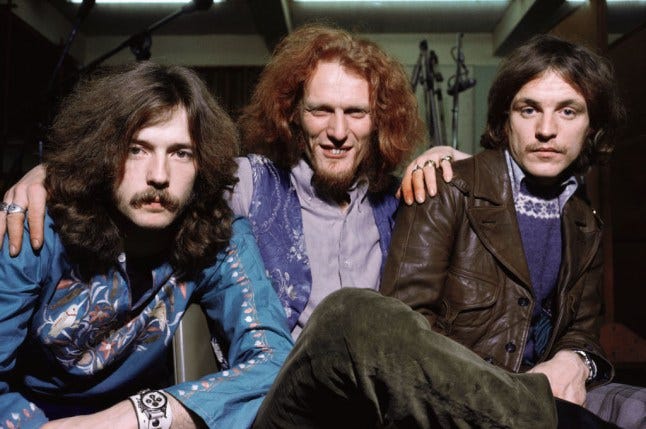
I play “Ramblin on my Mind,” by Robert Johnson.
You’ll hear “(Get Your Kicks) on Rt. 66” by Nat King Cole. Listen carefully. This song follows the fundemental blues pattern. I really dig Mr. Cole’s version, but an honorable mention goes to a cover version of that song by Glenn Frey of Eagles fame.
I play “Georgia Bound” by Blind Blake.
Thanks to listener and friend Jeff Shucard for turning me on to all those first generation Blues guys. Jeff would know. He’s an accomplished blues musician and produced an excellent CD of covers and originals called “Sweet Papa Lowdown.” Check it out!
I get goosebumps every time I hear “The Thrill is Gone” by the master blues musician B.B. King. You too?
Memphis, Tennessee
We hear “Hound Dog” by a young Elvis Presley.
I briefly mention a genre of American music called “rockabilly,” which is a combination of “rock” and “hillbilly” music. I don’t expand on this genre because I don’t know much about it. The term “hillbilly” is generally used, pejoratively, to describe poor country people who have lived for generations in the hills and “hollers” (small, sheltered valleys) of America’s Appalachian mountains. Hillbilly is a stereotype some of you may recognize from the 1960’s TV show “The Beverly Hillbillies.”
I play by “Moves Like Jagger” by Maroon Five featuring Christina Aguilera, followed by “Smells Like Teen Spirit,” by Nirvana.
I play the deeply moving 1969 song “In the Ghetto1,” sung by Elvis. The song (originally titled “The Vicious Circle”) addresses the issues of social justice and racial disparity, which was not uncommon for songs from the 60s. But since Elvis was one of the most influential artists of that time, his words carried extra weight.
People, don't you understand
The child needs a helping hand
Or he’ll grow to be an angry young man some day
Take a look at you and me,
Are we too blind to see,
Do we simply turn our heads
And look the other way
I wrap up my section on Elvis Presley with a tribute to him by Neil Young and Crazy Horse: “Hey Hey My My (Into the Black)” I used the softer live version of Young’s song, but if you prefer, here is the harder, original version, also by Neil Young and Crazy Horse.
The King is gone, but he’s not forgotten.
Neil Young
I end the episode with “Dust Bowl Children” by the amazing Alison Krauss and Union Station, featuring the vocals of Dan Tyminski. Ms. Krauss and her band also covered Woody Guthrie’s song “Pastures of Plenty,” which you can hear from here.
Thanks to Tim Timberlake for turning me on to that version.
Sad footnote: Allison Krause (slightly different spelling from the musician) was one of four unarmed American students shot dead by Ohio State National Guard soldiers during the Kent State Massacre of 1970. I discuss that tragic event, immortalized by the Crosby, Stills, Nash & Young song “Ohio,” in Episode 3.
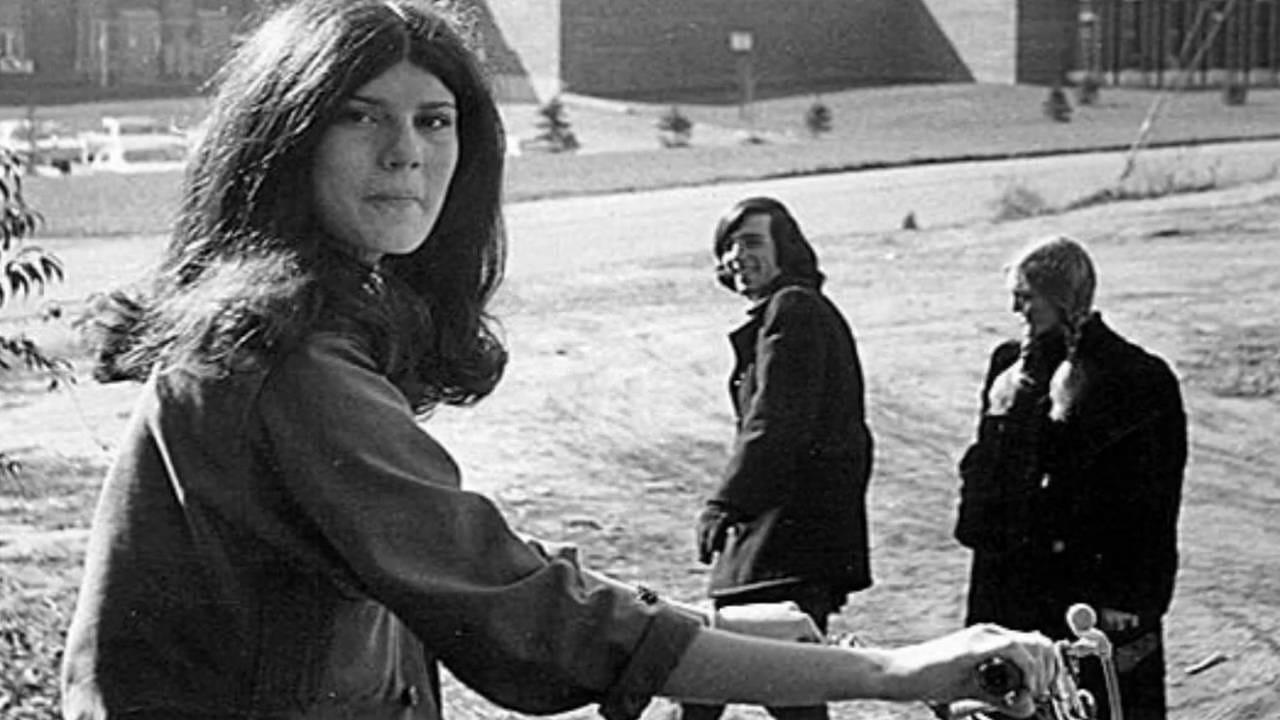
Bonus Video
My friend Haji was my captive audience in 2022 when I visited him in his native Zanzibar — an island off the east coast of Africa. Then and there, he politely listened to me pontificate on the origins of American Blues music, which are, of course, his people and his continent of Africa, and not white Mzungos like me.
I captured our conversation on video. It all started with an off-hand question about his T-shirt.
Secret Bonus Track
I did not mention this in the recording, but my good friend Roby Pantall and I learned how to to play guitar together in the early 70’s when we were just young whippersnappers. Roby and I formed our first band together playing (What else?) lots of blues songs!
Some 40 years later, in 2011, Roby and I caught up and recorded the classic blues standard “Key to the Highway,” each taking a lead with vocals and guitar (I sing and play second.) It was a ton of fun, and I thought you might enjoy hearing our version.
Roby went on to become an accomplished jazz guitarist. You can hear more of his music from here.
By the way, I don’t get compensated in any way for recommending stuff I like, such as music from Jeff Shucard or Roby, or art from Dan Campbell. I do it as a public service, plus…I enjoy supporting my friends.
That’s a Wrap!
Please consider sharing this podcast with your friends. It would be great to get the word out about the music and the stories that accompany it.
Coming up on the next episode, we have a wild night down in the bayous of Louisiana. Things get a bit out of hand, so stay tuned, and I’ll see you there.
The term “ghetto” originated from Europe and identified a destitute part of a city where Jewish people were isolated during the Nazi era. The term migrated to the US in subsequent decades and was, in Elvis’ time, used the describe blighted parts of a city where African-Americans typically lived.

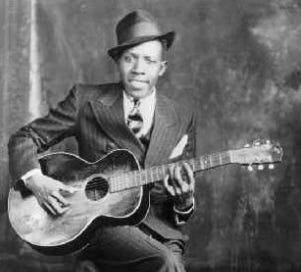


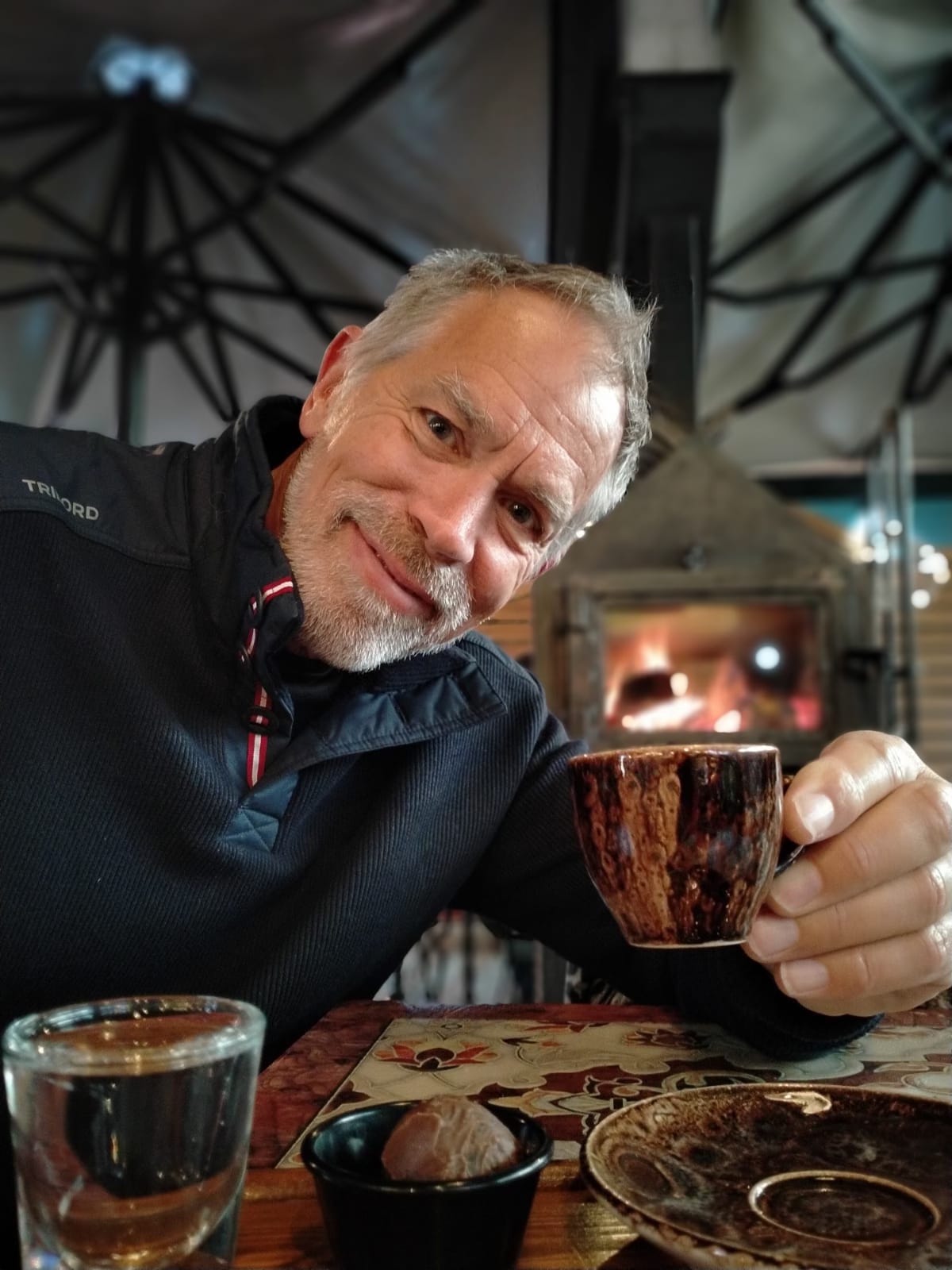
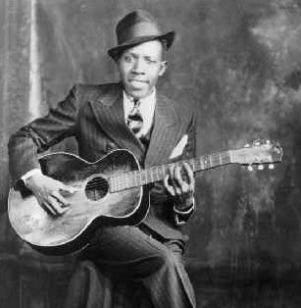
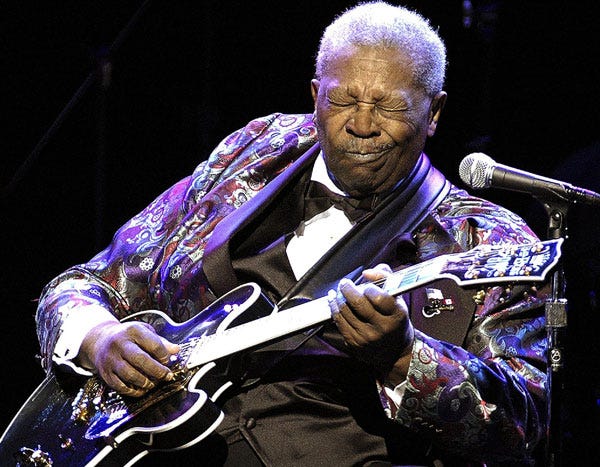
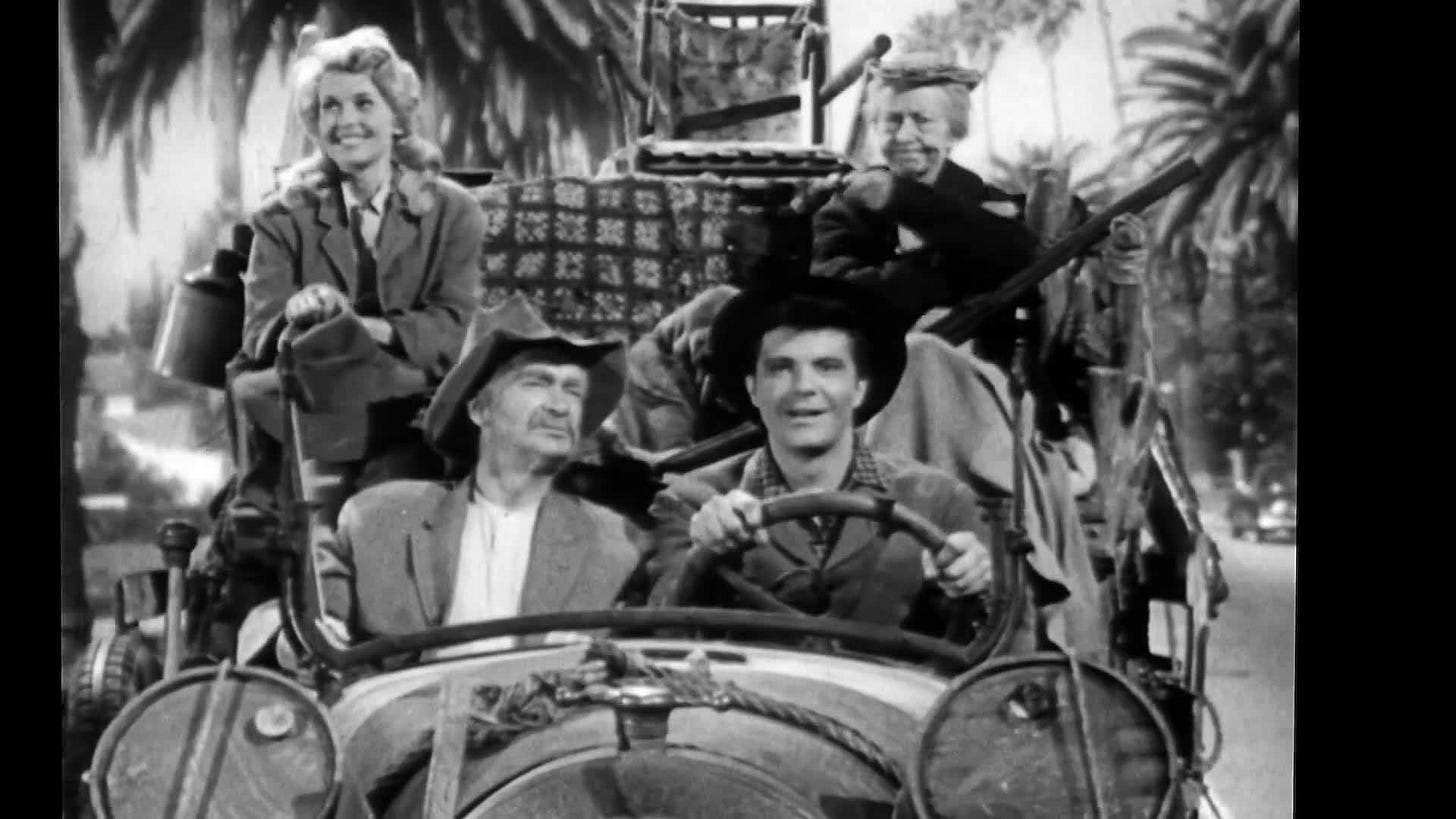
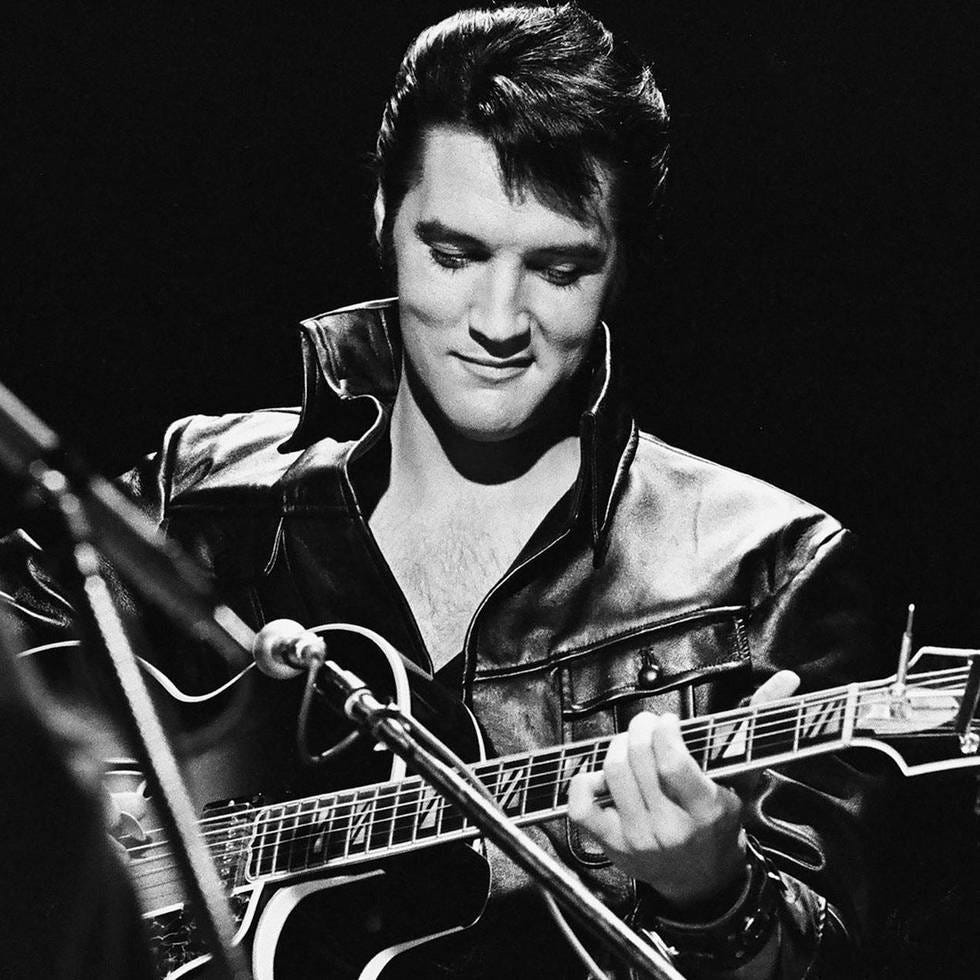
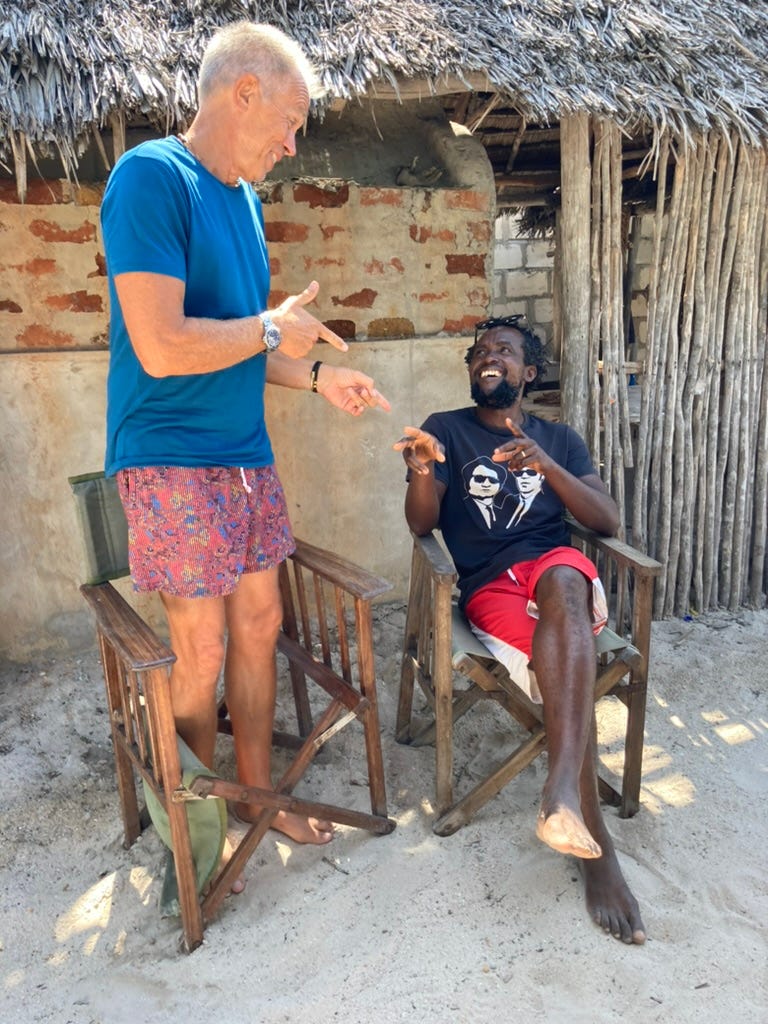
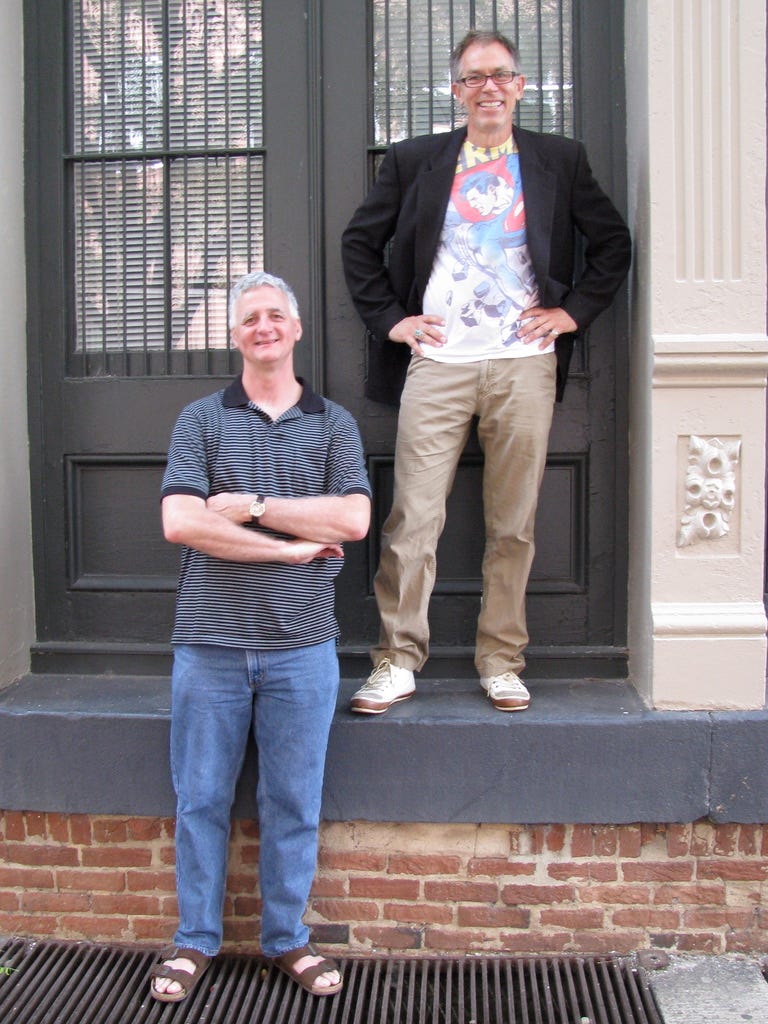
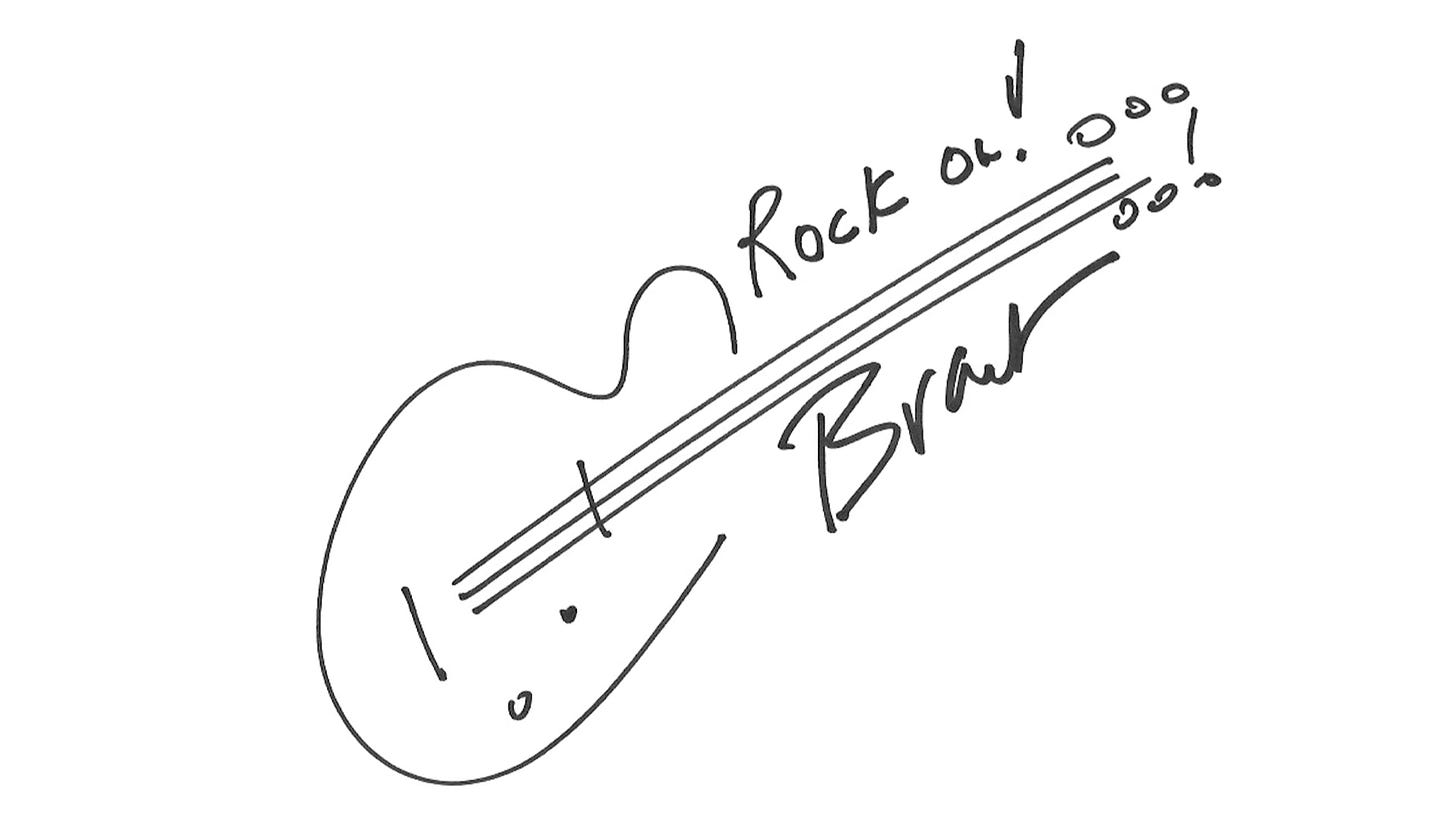


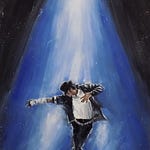
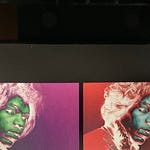
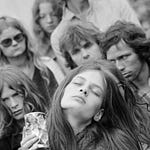
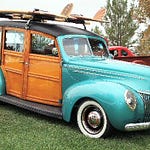
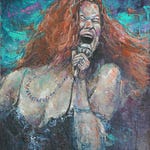
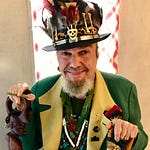
Share this post